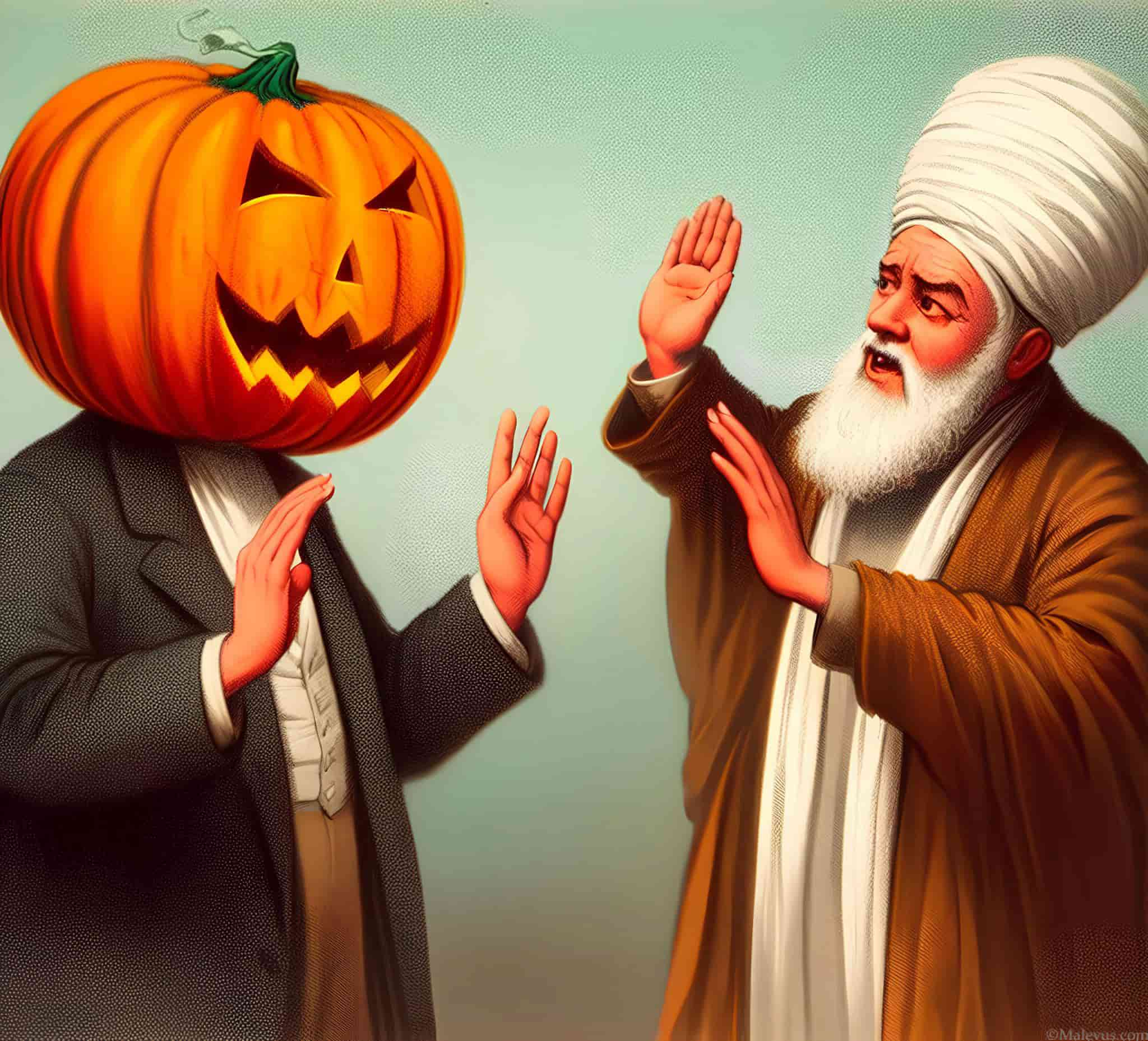Do Muslims Celebrate Halloween? Not Really
Muslims tend to regard Halloween skeptically. Their opinion on Halloween is generally negative, and the holiday is not frequently observed.

Muslims tend to regard Halloween skeptically. Their opinion on Halloween is generally negative, and the holiday is not frequently observed.



